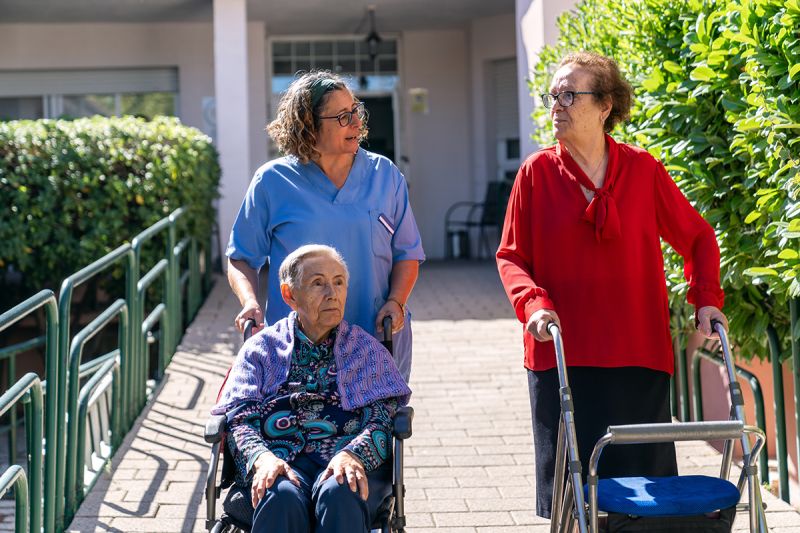10 Strategies to Ensure Your Senior Loved One Is Receiving Quality Care

Ensuring that an aging parent or loved one receives compassionate, consistent, and quality care is one of the most important responsibilities families take on. Whether they are living at home with support or in a senior living community, having a clear plan and knowing what to look for can give you peace of mind—and help your loved one thrive.
Here are 10 practical strategies to help you feel confident that they are truly receiving the care they deserve:
- Communicate Regularly With Care Providers
Open, ongoing communication is essential. Schedule check-ins with caregivers, nurses, or care coordinators. Ask specific questions about daily routines, mood changes, eating habits, and overall health. - Watch for Changes in Health or Behavior
No one knows your loved one like you do. If you notice changes in mobility, appetite, sleep, hygiene, or personality, bring them up right away. Small changes can signal bigger concerns. - Review Care Plans Often
Care needs change over time. Request periodic reviews of your loved one’s care plan to make sure it reflects their current medical, emotional, and daily living needs. - Visit at Different Times of Day
If your loved one resides in a senior living community, visit at varying times—morning, mid-day, evenings, and weekends. You’ll get a more complete picture of staffing, responsiveness, and daily routines. - Ensure Proper Medication Management
Medication errors can be dangerous. Confirm that staff or caregivers follow documented medication protocols, keep accurate records, and communicate any changes from doctors. - Monitor Hygiene and Personal Care
Consistent grooming, clean clothing, and a tidy living environment are important indicators of attentive care. If these areas begin to slip, it may signal the need for additional oversight or adjustments. - Ask Your Loved One About Their Experience
When possible, talk directly with your loved one about how they feel. Do they feel safe? Listened to? Comfortable with the caregivers? Their perspective is invaluable—even if feedback is subtle. - Stay Involved in Social and Activity Planning
Isolation can negatively impact mental and physical health. Make sure your loved one has access to social activities, exercise programs, and community events—and encourage participation. - Trust Your Instincts
If something feels off, it’s worth investigating. Families often notice issues long before they become obvious to others. Trust your intuition and advocate when needed. - Build a Team of Support
You’re not alone. Family members, doctors, social workers, and professional caregivers can work together to ensure that care is well-rounded and effective. Collaboration leads to better outcomes.
Final Thoughts
Quality care isn’t just about meeting basic needs—it’s about helping seniors feel respected, engaged, and supported. By staying involved, communicating often, and watching for key signs, you can help ensure your loved one receives the attentive, compassionate care they deserve.
